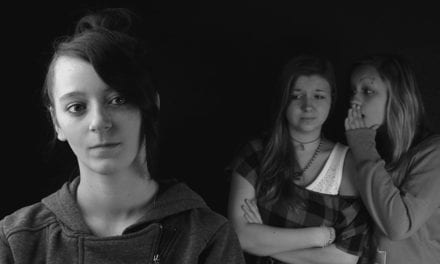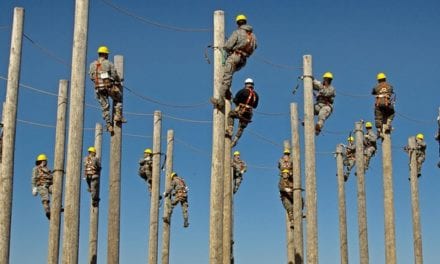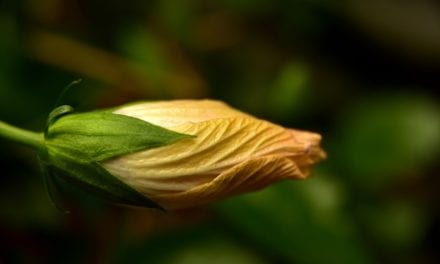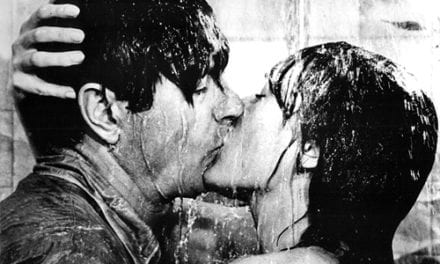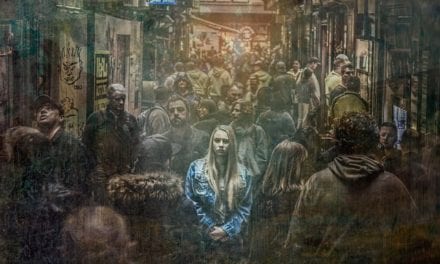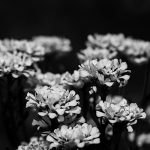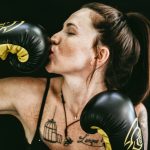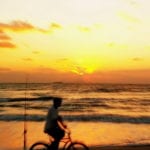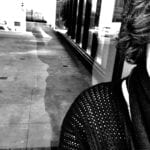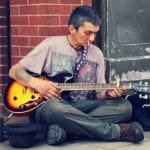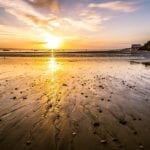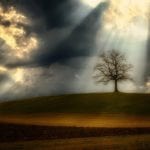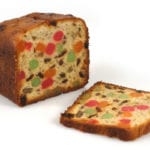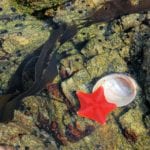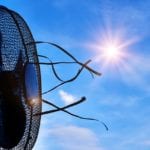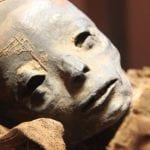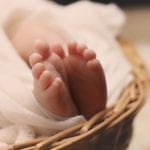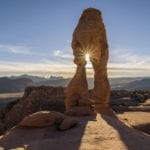Change in Weather over Many Days
“Tibu to mmm’aane, what am I?”
The lanky old man still strong in body and mind shields his eyes from the piercing afternoon sun and asks, “Whatever do you mean, Biribo?”
“I’ve told you not to call me that. Use my real name, Phillip,” the youngster says with the assurance only a teenager could muster.
“Biribo is your given name,” says his grandfather. “The other is just an Anglicized version. Why would I not say Biribo?”
“No one calls me Biribo anymore.”
“I will try to remember, Biri, er, ‘Phi-LEAP.’ Now,” he continues, “what were you asking me?”
“I have this school assignment about family heritage. Mother said to ask you because I’m not sure about my story.”
“What puzzles you, grandson?”
“You say again and again we are a proud island people of sea, sky, land—marawa, karawa, tarawa—but I’m confused.”
“About what?” After a long silence, Biribo’s grandfather gently coaxes him to continue.
At only five feet tall, Biribo cranes his neck to meet his grandfather’s eyes. “You claim we are I-Kiribati, yet Kiribati no longer exists, except on old maps of the central Pacific Ocean. The Fijian kids at school taunt me, claiming Kiribati is just a myth like Atlantis.” Then he breaks eye contact, cowering.
His grandfather gently grasps Biribo by the shoulders, squaring his slight frame before setting him straight. “There is no shame. We have an honorable heritage. Kiribati was a true and real place. Our ancestors settled the coral islands three thousand years ago.” Biribo’s grandfather pauses, staring at his grandson with penetrating hazel eyes, his crow’s feet testifying to his many years smiling in the equatorial sun. “I was born on South Tarawa, the 15.5-square-kilometer capital island, as were all your elders. We lived simple lives with marawa, karawa, tarawa in balance. Until it was not…
“The ocean swallowed up the last of the thirty-three atolls in 2045, just after our family relocated here to Fiji.”
“But why Fiji?”
“I can understand your capital-city boarding school not teaching you of the lost land of Kiribati, but surely you learn in your social studies class about the Tain Botura,” he asks.
“Grandfather, what are you talking about?”
“I am referring to ‘The Time of Our Weariness,’ youngster, when nearly one hundred thousand of our people migrated across two thousand kilometers of ocean to settle here,” he says with growing exasperation.
Seemingly unmoved by the daunting migration his grandfather and so many others undertook, Biribo—in self-absorbed teenage fashion—blurts out, “Why come here instead of somewhere closer, like Australia or Hawaii?”
Biribo’s elder turns sideways from him, leaning back on his hands resting on his lower back, and gazes at the clouds rolling in from the south, his toe tapping to a beat only the old man can hear.
After more than two minutes of contemplation, his grandfather says, “Let me answer you by way of a history lesson from my own time. In May 2014, the Kiribati government, led by President Anote Tong, bought nearly twenty-one square kilometers of land on this Fijian island of Vanua Levu from the Church of England for nearly $9 million as a refuge for our people—”
“A refuge? Is it true what Mother says, that the rising sea levels obliterated Kiribati, and that’s why we are here?”
“Technically, your tina is correct about bibitakin kanoan boong bringing us to Fiji.”
“When what brought us here?”
“The change in weather over several days, what you refer to as climate change.”
“Yet Mother complains we are nothing but climate refugees in Fiji,” Biribo says with a whine of confusion.
“It is true we are a minority here, only about 10 percent of the population, without a say in how the government in Suva makes laws that affect us relocated I-Kiribati. But we retain many customs from our homeland.”
His grandfather pauses to appreciate all the Kiribati people’s vibrant cultural heritage. As he watches the setting sun, he considers the shared language, of which Biribo knows only a handful of formal phrases. Though immigrants, his people still honor the traditional kin groups starting with mwenga (the household), then utu (relatives), and finally kainga (a group of common property owners). Botaki (celebrations) held in the maneaba (meetinghouse) featuring mwaie (the Frigate bird dance) and special foods such as giant clams, crayfish, and giant swamp taro make for memorable evenings.
Biribo interrupts his grandfather’s reverie. “And I was born in Fiji, right?”
“Yes, grandson, you were born here, on Vanua Levu. You already know that to be true. Why do you ask such a question?”
“Because. . .” At this moment, Phillip turns his back on his grandfather and the elders that went before. “Because I am not I-Kiribati. I was born in Fiji, so I am a Fijian.”

